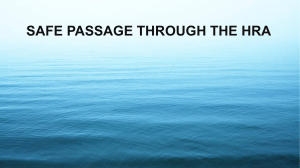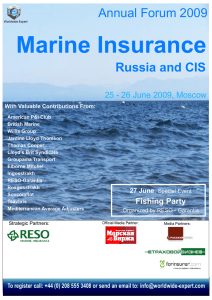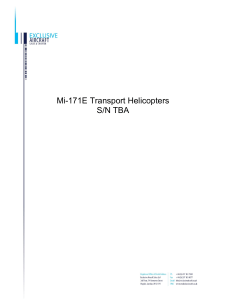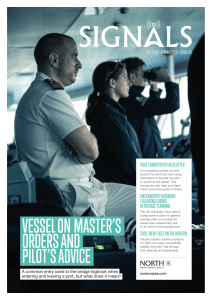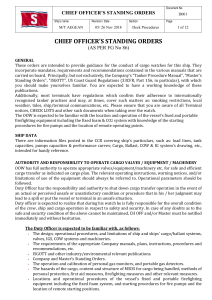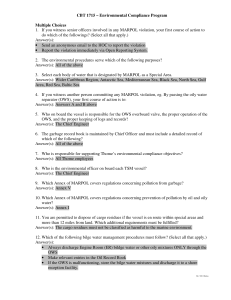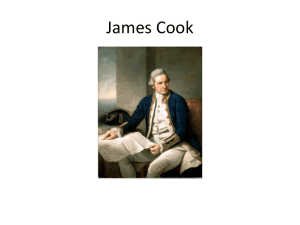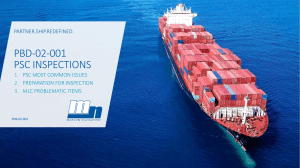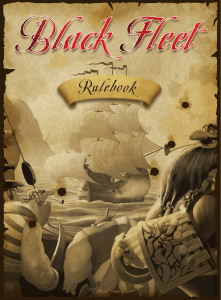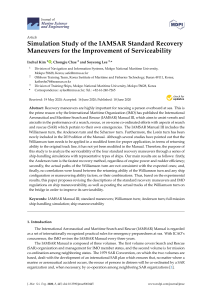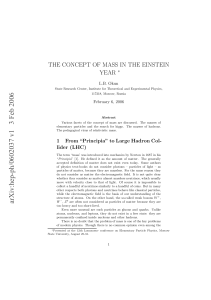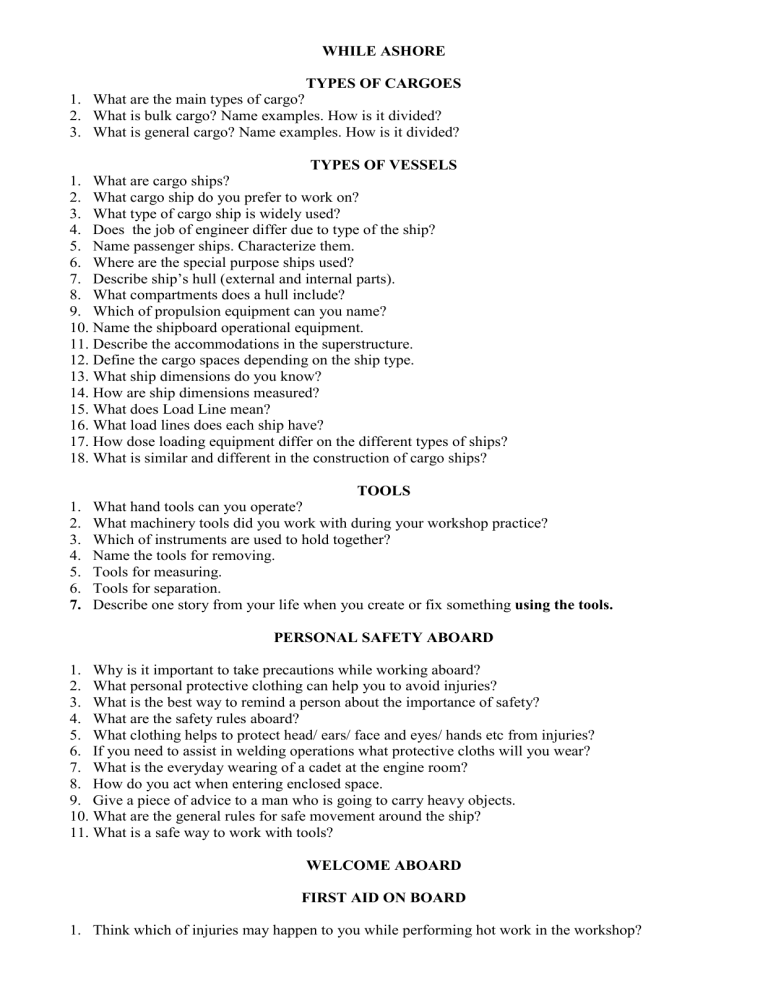
WHILE ASHORE TYPES OF CARGOES 1. What are the main types of cargo? 2. What is bulk cargo? Name examples. How is it divided? 3. What is general cargo? Name examples. How is it divided? TYPES OF VESSELS 1. What are cargo ships? 2. What cargo ship do you prefer to work on? 3. What type of cargo ship is widely used? 4. Does the job of engineer differ due to type of the ship? 5. Name passenger ships. Characterize them. 6. Where are the special purpose ships used? 7. Describe ship’s hull (external and internal parts). 8. What compartments does a hull include? 9. Which of propulsion equipment can you name? 10. Name the shipboard operational equipment. 11. Describe the accommodations in the superstructure. 12. Define the cargo spaces depending on the ship type. 13. What ship dimensions do you know? 14. How are ship dimensions measured? 15. What does Load Line mean? 16. What load lines does each ship have? 17. How dose loading equipment differ on the different types of ships? 18. What is similar and different in the construction of cargo ships? TOOLS 1. 2. 3. 4. 5. 6. 7. What hand tools can you operate? What machinery tools did you work with during your workshop practice? Which of instruments are used to hold together? Name the tools for removing. Tools for measuring. Tools for separation. Describe one story from your life when you create or fix something using the tools. PERSONAL SAFETY ABOARD 1. Why is it important to take precautions while working aboard? 2. What personal protective clothing can help you to avoid injuries? 3. What is the best way to remind a person about the importance of safety? 4. What are the safety rules aboard? 5. What clothing helps to protect head/ ears/ face and eyes/ hands etc from injuries? 6. If you need to assist in welding operations what protective cloths will you wear? 7. What is the everyday wearing of a cadet at the engine room? 8. How do you act when entering enclosed space. 9. Give a piece of advice to a man who is going to carry heavy objects. 10. What are the general rules for safe movement around the ship? 11. What is a safe way to work with tools? WELCOME ABOARD FIRST AID ON BOARD 1. Think which of injuries may happen to you while performing hot work in the workshop? 2. 3. 4. 5. 6. 7. Which of injuries may be prevented by cleaning up oil spills on deck? How different are the causes and treatment of different types of burns? Do you know how to stop bleeding? Describe first aid kit content. What are your action when you see an unconscious member near the fuel tank. What organs are at greater risk in the seafaring profession? CREW AND ITS TASKS 1. 2. 3. 4. 5. 6. 7. 8. What ranks are of the management and operational level? How many departments are on board? Name main representatives and describe their duties. Describe duties of ER department members. What are the main duties of ER cadet? Try to think over about ER cadet’s working day. What does he do? Is ER cadet on watch alone? What does ER cadet do while keeping watch? Describe a painting procedure step by step. Name instruments for every part of painting. How to prepare a surface for painting? EMERGENCIES AT SEA 1. What emergencies can a seafarer encounter at sea? What does each situation mean? 2. Why do emergencies happen at sea? 3. What actions shall be taken in case of general alarm? 4. What requirements to Muster Station can you name? 5. What should crew do in case of MOB? 6. What information is comprised in Muster List? 7. Name the most frequent causes of emergencies. 8. Suggest the possible ways to avoid emergencies at sea. 9. What does efficient handling of emergencies depend on? 10. What should a seaman be equipped with in case of alarm? FIRE-FIGHTING 1. 2. 3. 4. 5. 6. 7. 8. Name shipboard fires and their sources. What can you do to put out a small fire aboard? Which FF installations are there on board? Do you know their advantages and disadvantages? Suggest the main steps of using fire-fighting equipment. What is the main idea of shipboard drilling? Name SOLAS requirements to fire-fighting equipment. Name the classes of fire and extinguisher to put it out. How can you understand what type of extinguisher to choose? LIFE-SAVING APPLIANCES 1. What official documents regulate the requirements to safety onboard? 2. How are the life-saving appliances classified? 3. What types of personal LSA do you know? Characterize them. 4. What types of group LSA can you name? Characterize them. 5. What types of lifeboats do you know? 6. Describe the way of lifeboat launching. 7. Describe the way of freefall lifeboat launching. 8. What lifeboat/liferaft inventory do you know? Does it have any difference? 9. Describe the ways of liferaft launching. 10. How do you act in case of abandon alarm. FULL AHEAD SHIP SECURITY 1. What is ISPS Code? 2. Describe a good ISPS practice. 3. What does SSO mean? 4. What does SSP mean? 5. Describe security levels. 6. What are the points of authorized access on a ship? 7. What are restricted areas on ship? 8. What measures are required at different security levels? 9. Which of operational and maintenance skills are sufficient for young engineers? 10. Describe a proper watch in ER. 11. Describe your engineering watch schedule as an engine rating. 12. Differentiate situational and operational awareness in engine room. 13. Name the permits in ER. 14. What is the citadel? Where is it located? What is it equipped with? 15. Rate anti-piracy measures as the most effective. MARINE POLLUTION PREVENTION 1. What was MARPOL a response to? 2. How many pollution types does MARPOL address to? 3. When was MARPOL last updated? 4. What are MARPOL Annexes? 5. What is the emission control area? 6. Define the special areas in the world by MARPOL Annexes. 7. Describe the integrated bilge treatment system. 8. Name steps to take in case of oil spills. 9. Oil spill during bunkering. 10. Sludge formation aboard. 11. Actions to be taken in case oil goes overboard. 12. What equipment makes oil discharge into the sea possible? 13. Name the main parts of STP. 14. STP principle of work. 15. Which items from SOPEP locker do you use to clean shipboard spill? 16. How will you act in case of a shipboard spill? 17. Name MARPOL requirements to SOPEP locker content. 18. How may sea water surface be cleaned? 19. What shipboard documents regulate garbage management? 20. What are the main reasons for oil spills? 21. Which of noxious liquid substances are transported by ships? Define the requirements for their transportation. 22. Why is garbage separated on board? 23. What equipment can be used for garbage treatment? 24. Describe incinerator application and operation on ship. 25. Describe requirement of Annex VI. MARINE PIPING 1. 2. 3. 4. Name the main parts of fuel oil piping system. Describe water piping systems. Describe piping fittings (valves, filters). How may the piping maintenance be ensured properly? MACHINERY 1. How is all machinery divided onboard? 2. What main machinery do you know? 3. What auxiliary machinery do you know? 4. What are the main parts of propulsion system? 5. What machinery is used for separating? 6. What are the main modes of separation? 7. Have you ever maintained any machinery? 8. What types of fuel do you know? 9. Who is responsible for auxiliary machinery onboard? 10. What is the difference between two- stroke and four- stroke diesel engine? 11. Name types of marine boiler. 12. Name the main constructional parts of ME. 13. Describe types of diesel engines. Marine pumps (module 3) 14. What is a pump? Speak about main pump characteristics. 15. Compare positive displacement pumps and dynamic ones. 16. Define the rotary pump operation. Describe the working procedure systematically. 17. Tests and inspections to be made on the rotary pumps. 18. Describe the main parts of centrifugal pump and its operation. 19. Marine fire pump application. 20. Why might a fire pump be centrifugal and positive displacement? 21. How to operate pump (starting, stopping). Auxiliary machinery operation (module 4) 22. Fresh water generator application on ships . 23. Types of FWG. Define the difference. 24. What should you do when starting and stopping procedure of FWG. 25. Describe FWG maintenance. 26. Name the general troubles of fresh water generator. Propose the troubleshooting. 27. Name marine air compressor types. 28. Name marine air compressor types by their principle of work. 29. Compare rotary and reciprocating air compressor. 30. What should you do when starting and stopping procedure of air compressor. 31. What is the best scenario to maintain an air compressor? 32. Propose the check0ist to operate the air compressor safely. . DECK MACHINERY 1. What is deck machinery? 2. Describe the main parts of anchor-handling equipment. 3. How is a windlass proper maintenance achieved? 4. SOLAS requirements of windlass operation. 5. Define different types of winches. 6. Winch operation. 7. Name the reasons of hatch cover trouble and safety precautions. 8. Why are watertight doors critical equipment on ship? 9. Describe SOLAS requirements to WTD. 10. How is WTD maintenance achieved? 11. Name the types of WTD. 12. Describe safe deck machinery practice. 13. Hydraulic system application on deck. 14. Hydraulic system requirements. CAREER 1. Why did you choose the profession of a seafarer? 2. Why did you choose marine engineering? 3. What are the advantages and disadvantages of your job? 4. What will be your position during your first shipboard training? What duties will you have? 5. What do you know about job of a marine engineer? 6. What documents for applying for a job do you have? 7. Did you take any professional courses? If yes, mention the certificates you have. 8. What do you know about mixed crews? What do you think about working in such crew? 9. What type of ship would you like to work on? Why? 10. What traits of character should you have to be successful in maritime career? 11. What salary do you want to have in future? 12. What is a ‘dirty work’? Are you ready for it? 13. How long can you work without break? 14. How many hours does a seaman keep watch a day? AT THE INTERVIEW What factors are the most important for you when applying for a job? What is more important for you – to earn money or to get a favorite job? What do know about crewing agencies? What are they for? What questions can you ask an agent when applying for a job? (about job conditions, types of vessels …) 5. What do you know about Marlow Navigation? 6. What services are provided by Marlow Navigation?/What are the agency services? 7. Are there any limits to become a marine officer/a rating? 8. What are the requirements for a candidate on marine career? 9. What positions do crewing agencies need seafarers for? 10. What are the special programs for cadets? 11. What documents are necessary to apply for a marine job? (Seaman book/passport, Seagoing service record book, Medical fitness certificate, certification of competence, Endorsement of Certificate, other qualification certificates – Basic Safety Training, Proficiency in Survival Craft, Advanced Fire Fighting, First Medical Aid) 12. What documents do you have at the moment? 13. What crewing agencies in Kherson do you know? 1. 2. 3. 4.
